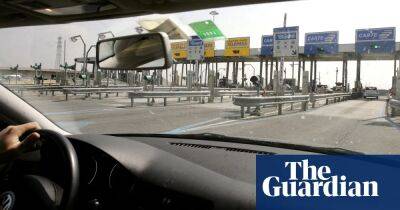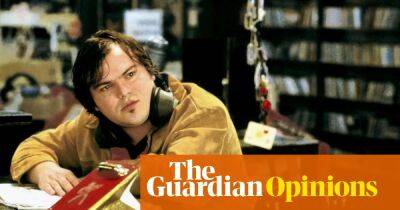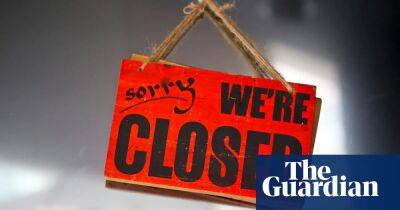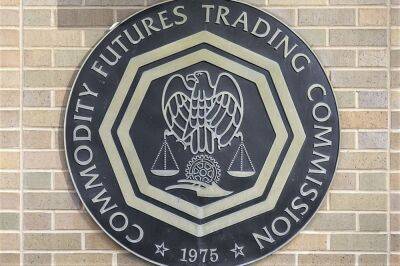I lost my son to a gambling addiction. Firms must change, not pay fines that are dwarfed by profits
M y wonderful son Jack took his life in 2017 after he had been drawn into a gambling addiction. Soon afterwards, I visited William Hill’s London office with my husband, Charles. We were more naive back then; they’d just admitted shortcomings and we wanted to warn people and thought they would listen. Jack had started gambling online with William Hill, and did so, on and off, until he died.
We requested a meeting with the chief executive, but instead met with the director of sustainability and our calls for further measures were dismissed.Soon after we were escorted out of the building, quickly and rudely.Yesterday’s news that the company has been fined a record £19.2m for multiple failings did not surprise us. The list of failures is extensive, including allowing obviously addicted customers to lose tens of thousands of pounds in minutes, even after they’d tried to self-exclude.
This is not William Hill’s first big fine – and unless there is a major change in the industry, there will be more. The current business model is built on addiction. Research shows that 86% of the industry’s online profits come from a 5% group of addicted or at-risk customers. It is clear the gambling industry cannot generate its ludicrous profits without causing harm.
This horrific business model explains why online gambling products, such as slots and casino games, are designed to be highly addictive. The sounds, lights and false near-misses are carefully engineered to allow maximum amounts of dopamine to flood the brain to prolong the time spent gambling. The younger the brain, the worse the damage. Hundreds of millions of pounds are also spent yearly on wall-to-wall advertising, to ensure these dangerous products become normalised, both for
Read more on theguardian.com




![Dogecoin [DOGE]: Elon Musk cites this reason to dismiss $258 billion lawsuit](https://finance-news.co/storage/thumbs_400/img/2023/4/1/62513_wtn.jpg)














